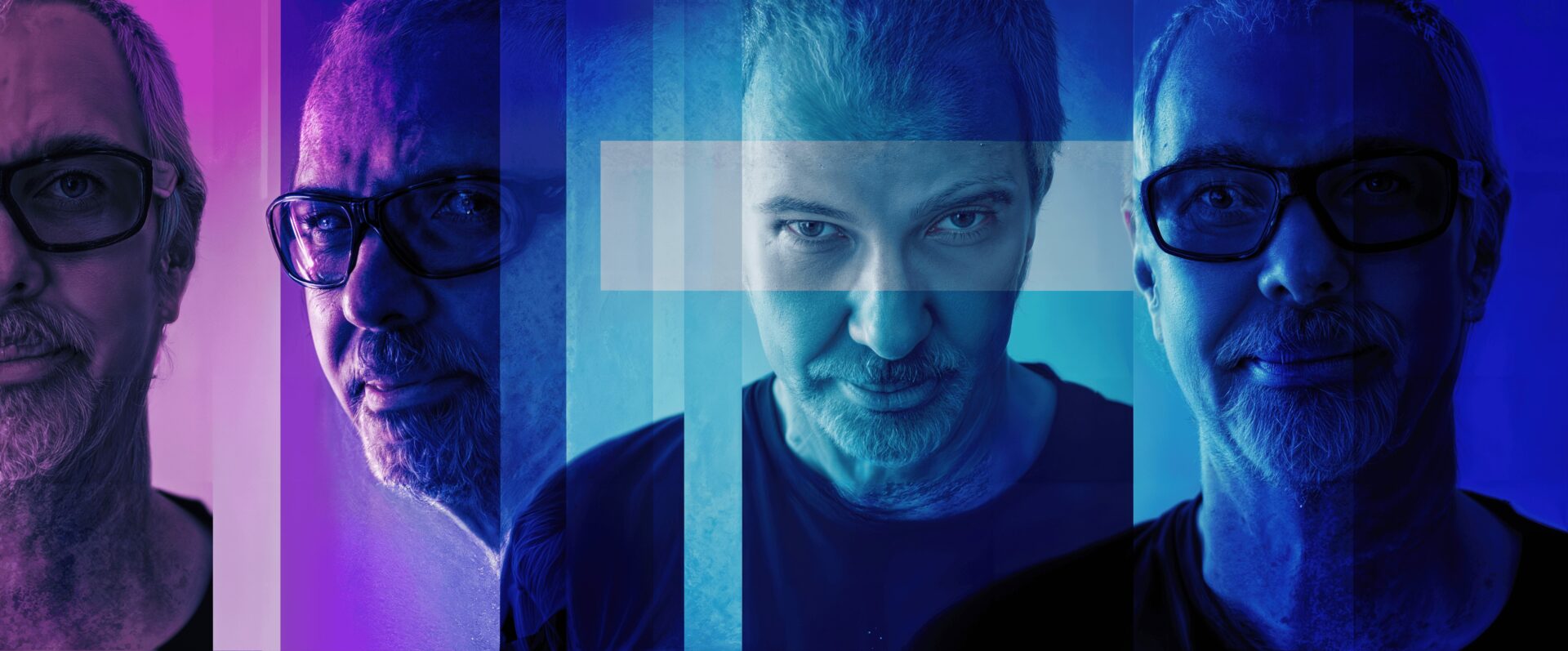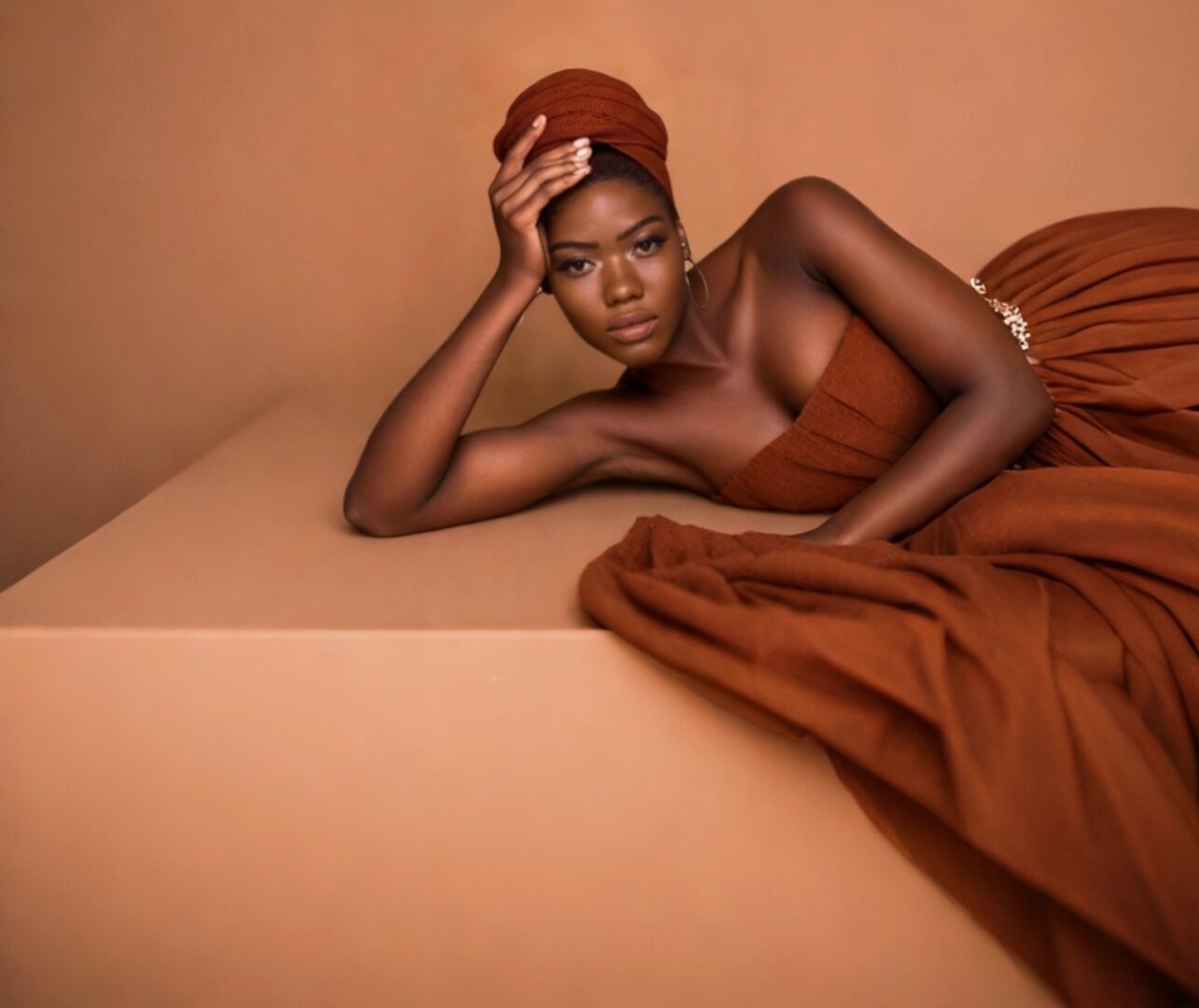Even as there is a growing recognition for the need for representation, there are still many cases where folks will find themselves as the only person in a room representing their particular demographic – and often there is pressure to perform in such contexts to prove competence not just for yourself but for everyone who is like you. The burden and the stress of being the “representer” is real, and so we wanted to create a space where folks can discuss who they go about ensuring they are effective and successful even in contexts where no one else on the team or in the room is like them.
Iyanu Adegbite
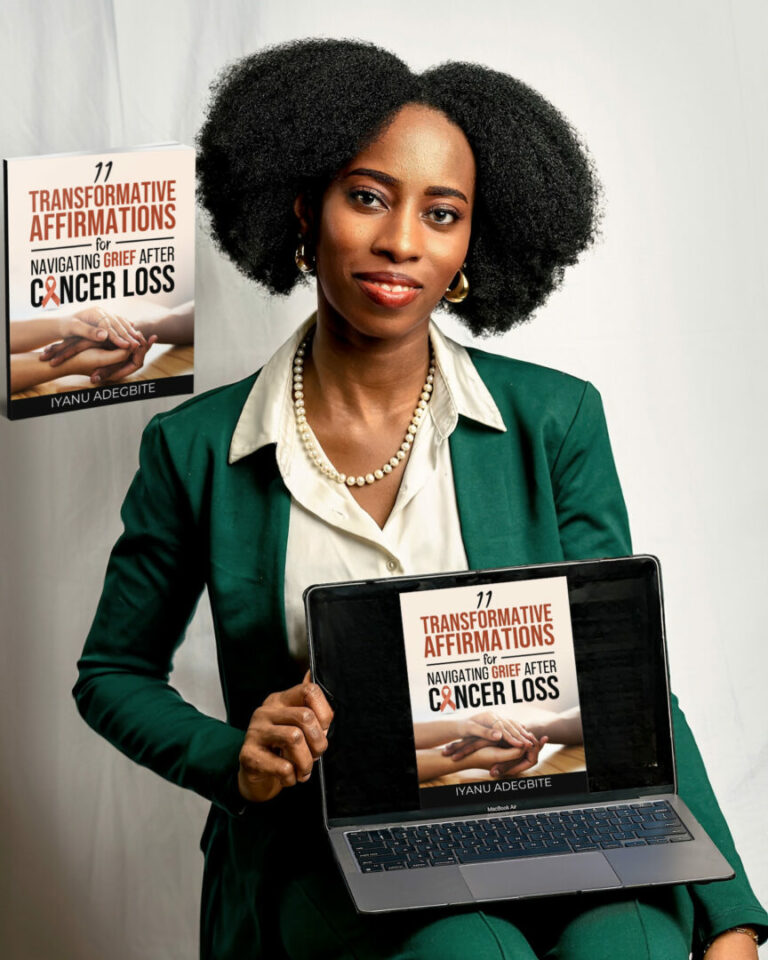
First and foremost, I remind myself of exactly who I am—a child of the Living God, created to dominate wherever I find myself. I walk into every space with the confidence that I belong, not because of external validation, but because God has placed me there for a purpose.
I’ve learned to embrace my uniqueness rather than seeing it as a limitation. Being the only one in the room who looks like me means I bring a fresh perspective, a different voice, and a unique set of experiences that add value to the space. Instead of shrinking back, I lean into the opportunity to show up fully as myself. Read More>>
Audley Stephenson
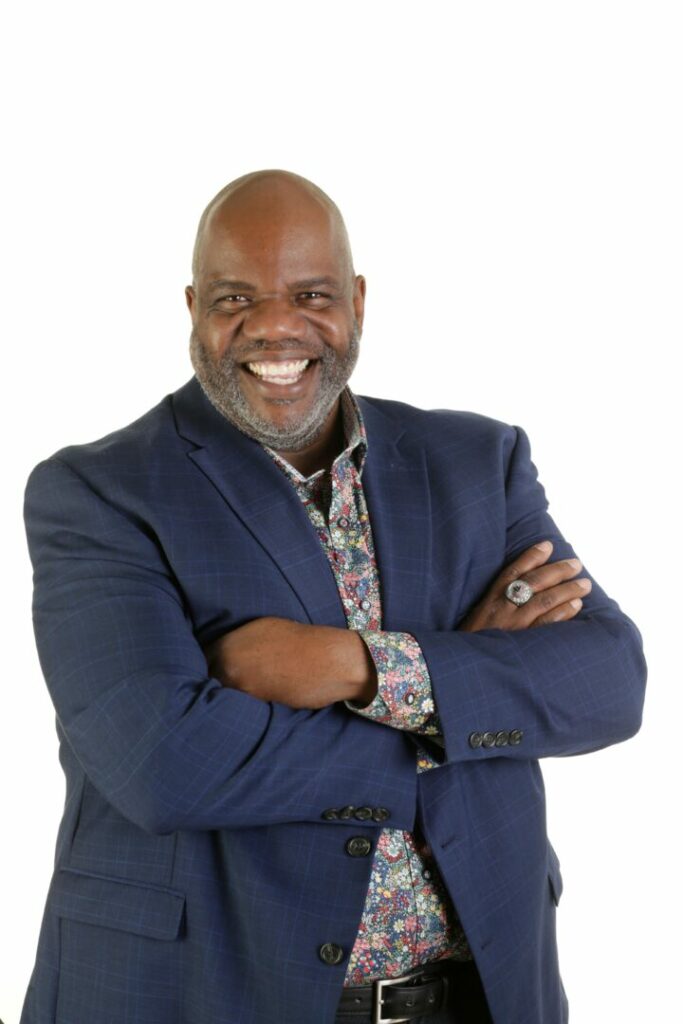
It is always important to reflect on the diverse experiences that shape our journeys, especially for those of us who often find ourselves as the only Black person in the room. I’ve lost count of the meetings, conferences, and social gatherings where I felt alone in my identity—an experience that is far from unique. Many of us navigate spaces where we are the sole representation of our race. While this can be isolating, it also offers incredible opportunities for growth and success. For this reason, we must have the audacity to courageously step into these spaces with boldness. The outcome, however, depends on the mindset we choose to adopt. Read More>>
Morgan Prime

In my primary role leading operations in urban public education, I openly discuss having severe inattentive ADHD (Attention Deficit Hyperactivity Disorder). I consider my neurodiversity a strength. My unique thought processes and hyper-focus are invaluable for innovative problem-solving in often-overlooked areas, specifically in education, like finance, technology, facilities, and security. I prioritize building strong, genuine relationships with all stakeholders—colleagues, students, and families—to create sustainable and inclusive environments. Read More>>
Jennun
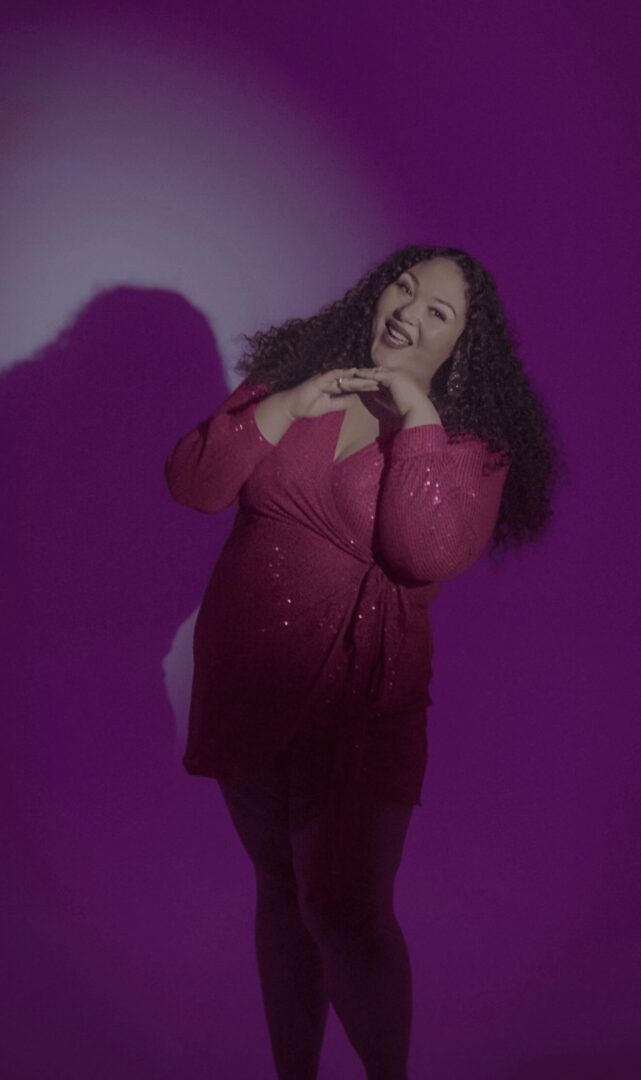
Growing up, I often found myself as the only one in the room who looked like me—taller, bigger, with a deeper voice and presence that stood out. At first, I saw this as a weakness of mine. I was bullied for the very things that made me different, and for a long time, I tried to shrink myself to fit in so I could be accepted. But over time, I flipped the script. I realized that my differences weren’t obstacles; they were my superpowers. Read More>>
Chef Charlie Ray
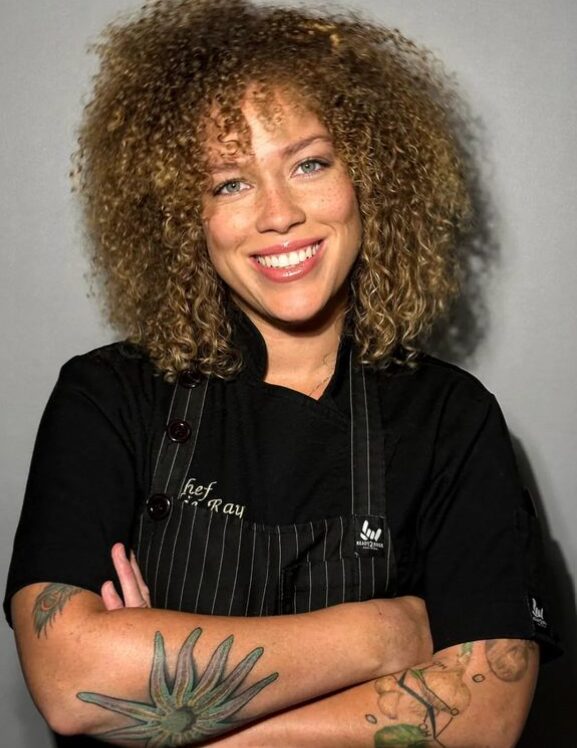
Growing up between cultures, never fully belonging to one, I learned early on how to navigate spaces where I was the only one who looked like me. Whether in Sweden, where my Black American heritage made me different, or in California, where my Swedish roots set me apart, I became fluent in adaptation. That fluency has been my greatest asset. Read More>>
Alexandre Barranco
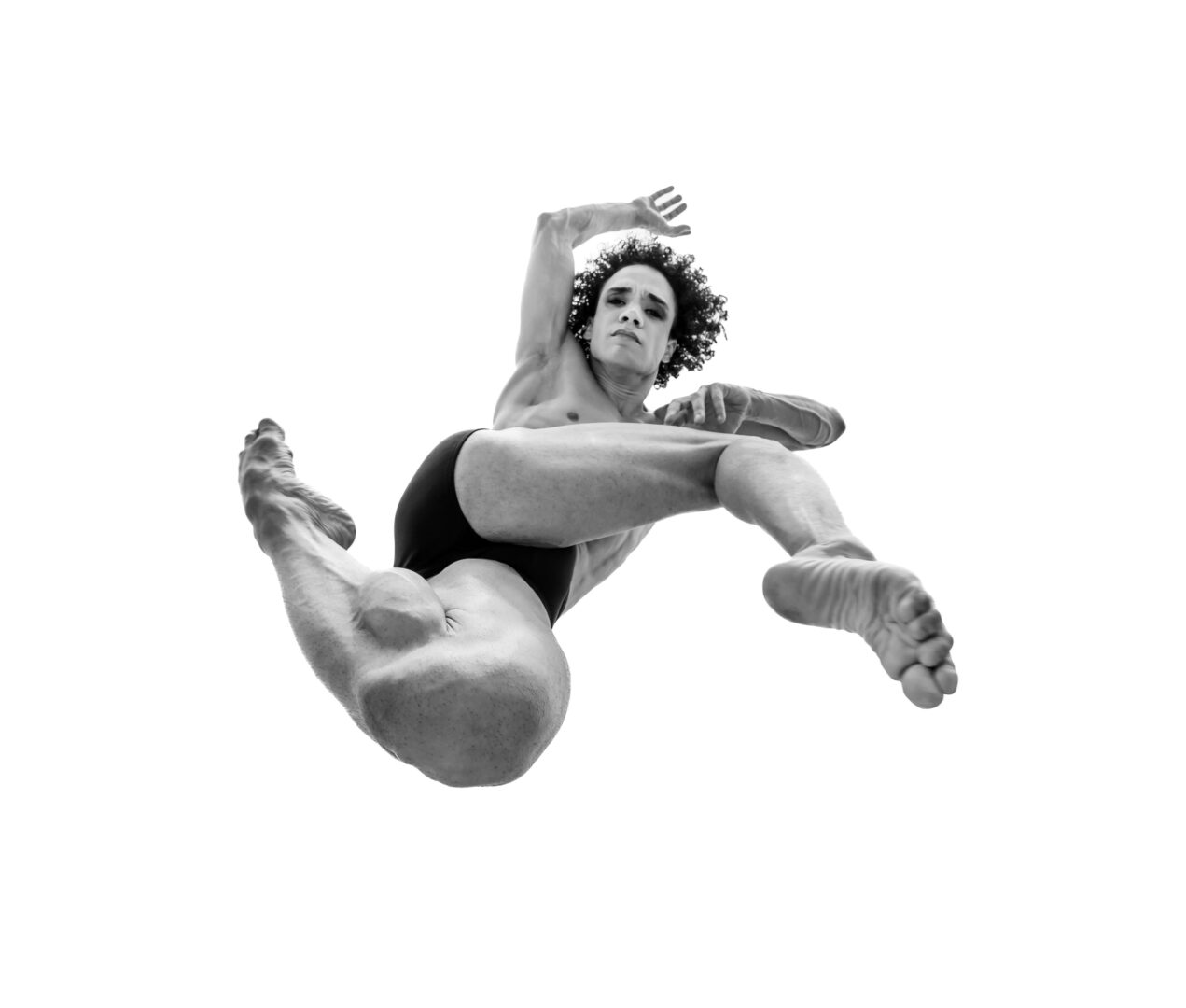
I’m originally from Brazil ,coming from a rumble family and I grow up seen the lack of opportunity . Dance offer me the opportunity to dream and fight for a better future.
I have always have to do do much work , for get my place under the sun. Being a queer person and a society that don’t understand and underestimated it was always the Gasoline to keep me reaching for my place!
I always felt different , and for some people it was my wicked part, but for me is my biggest stretch! Read More>>
Matthew Robinson
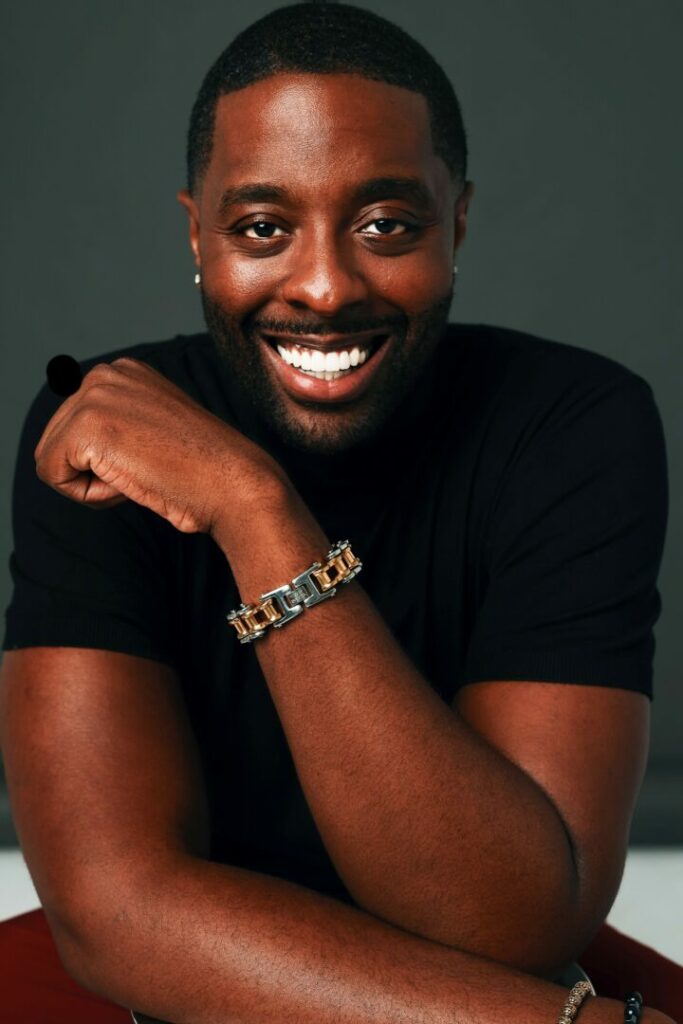
Navigating spaces where I am the only one who looks like me has been both a challenge and an opportunity. Early in my career, I realized that visibility comes with both weight and power—what you do with that visibility determines your impact. I’ve learned that effectiveness in these situations isn’t just about proving yourself; it’s about transforming the space so that those who follow won’t face the same barriers. Read More>>
Lila Mayes
When I began evolvong into my purpose-driven work, I would often walk into a room as the only Black woman. Early in my career there was sometimes a weight of standing out, of being the only one who looked like me, and with that came a sense of intimidation. I questioned whether I belonged, whether my voice mattered, and if my perspective could be valued in spaces where I felt like an outsider. I wasn’t always sure how to bridge the gap between my identity and the expectations around me. Read More>>
Ildian Ulloa
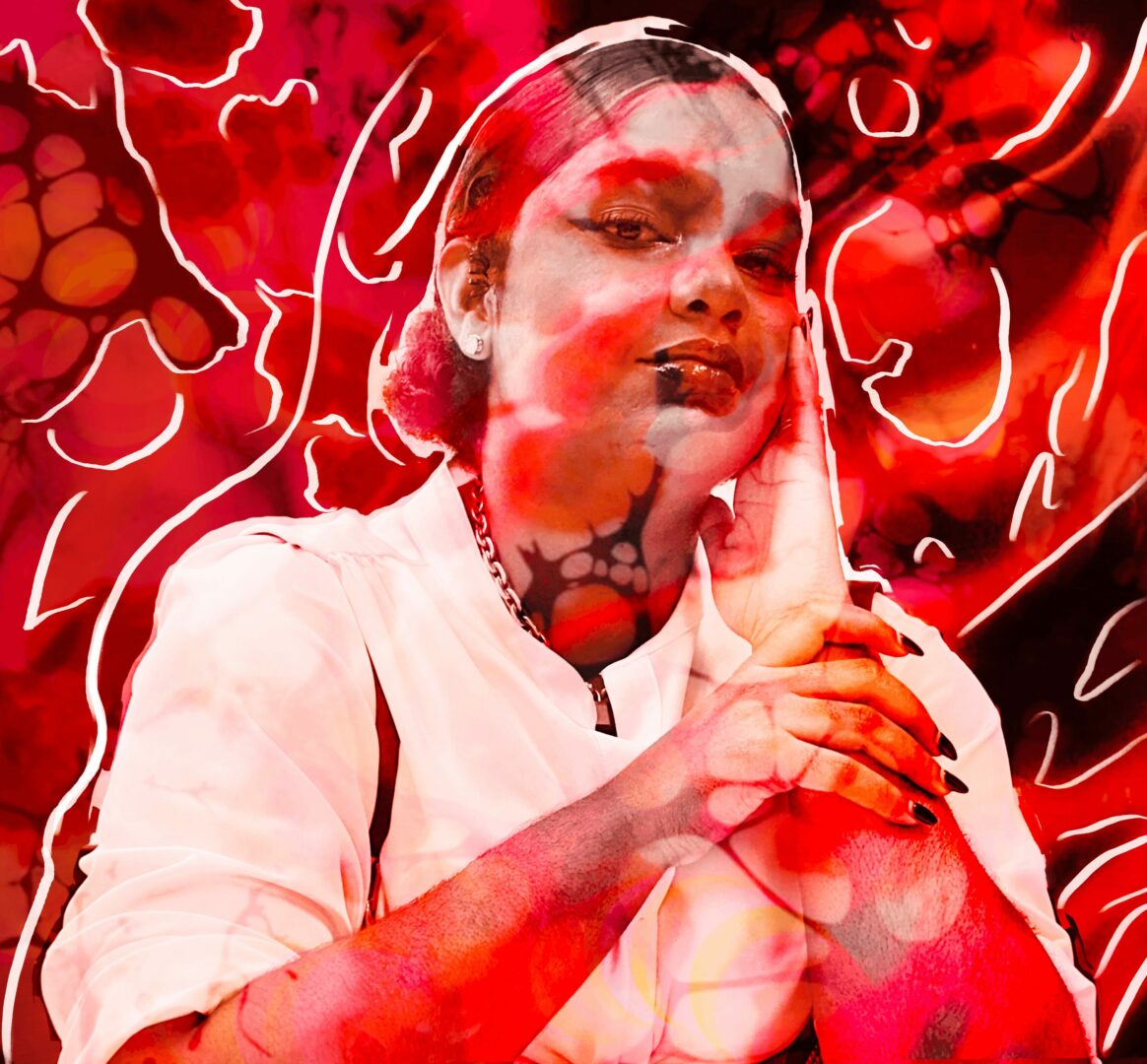
The only thing that kept me grounded was drawing. I felt different when I was in medicine, but I felt even more out of place in art school. Everyone had bright, colorful, and anime-style works, and I was like the black sheep, always creating pieces with a darker, more depressing, and horror-inspired style. Art that has always inspired me—and still does—stems from dark, sad emotions. And let me tell you, I was always noticed because everyone used colors as bright as the sun, as joyful as the rainbow, and as hopeful as the sky. Read More>>
Samyra Alexander
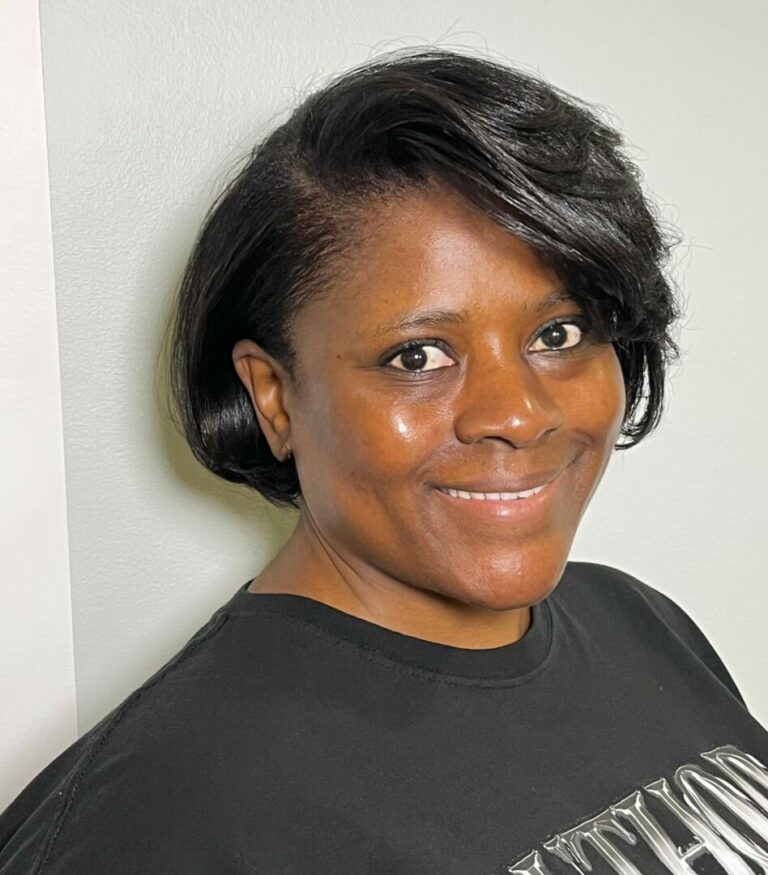
I’ve learned to be successful in a room even when I’m the only one in the room that looks like me after hearing someone say don’t be afraid to take up space when at a table, spread out your water bottle, notepad, pen, and purse, and show the world you’re here. Read More>>
Joseph Thamby
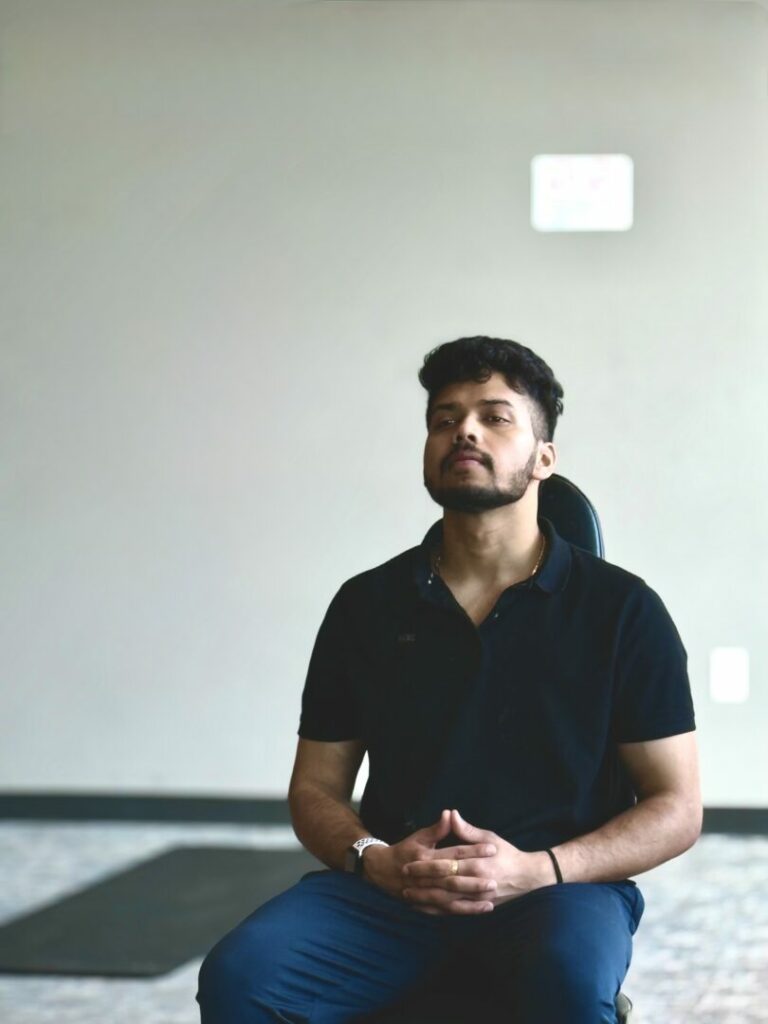
When I moved from Hyderabad to Saint Louis, Missouri, to pursue my Master’s in Project Management, I found myself in situations where I was often the only one who looked like me. Whether in classrooms or professional spaces, I was confronted with the challenge of being different. But rather than seeing this as a disadvantage, I learned to embrace my uniqueness. Read More>>
Aleeya Alimuddin
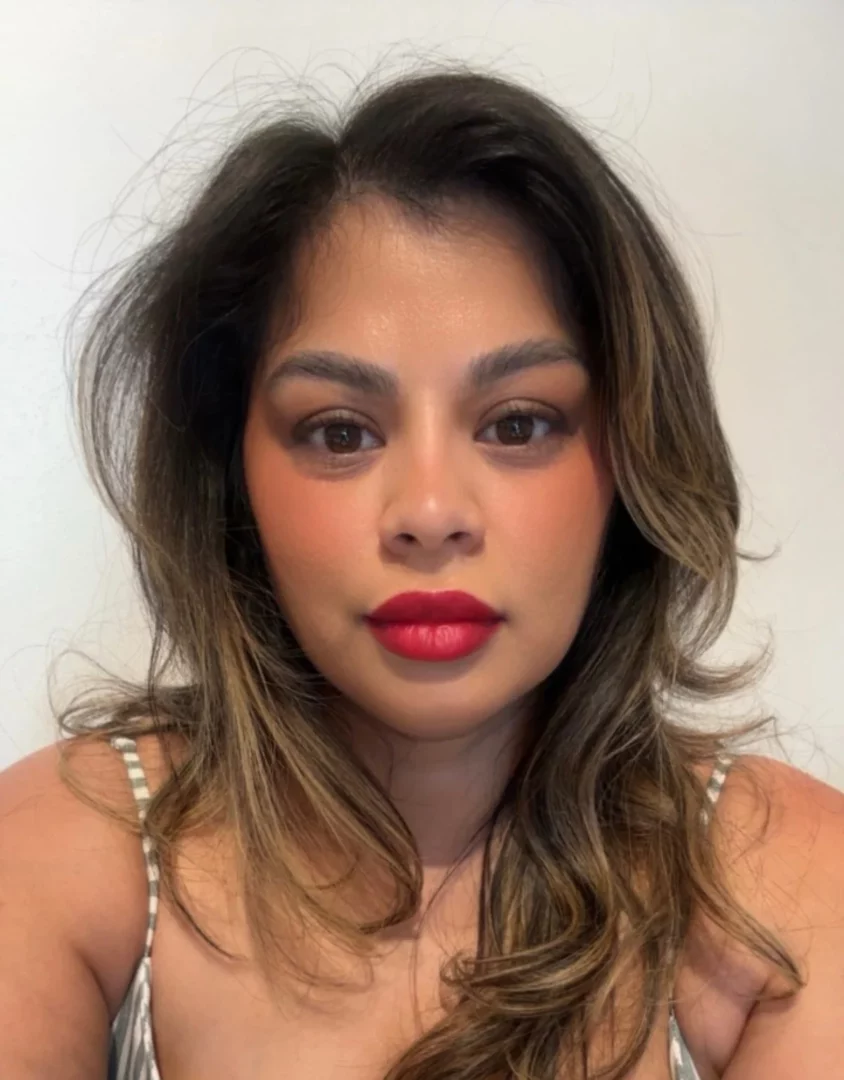
Being the only one in the room who looks like me has been a recurring theme throughout my career, especially in the luxury retail space. Early on, I realized that my unique perspective was not a limitation but a strength. I learned to lean into my authenticity and use my voice to bring fresh ideas to the table. Read More>>
Michael Delarosa
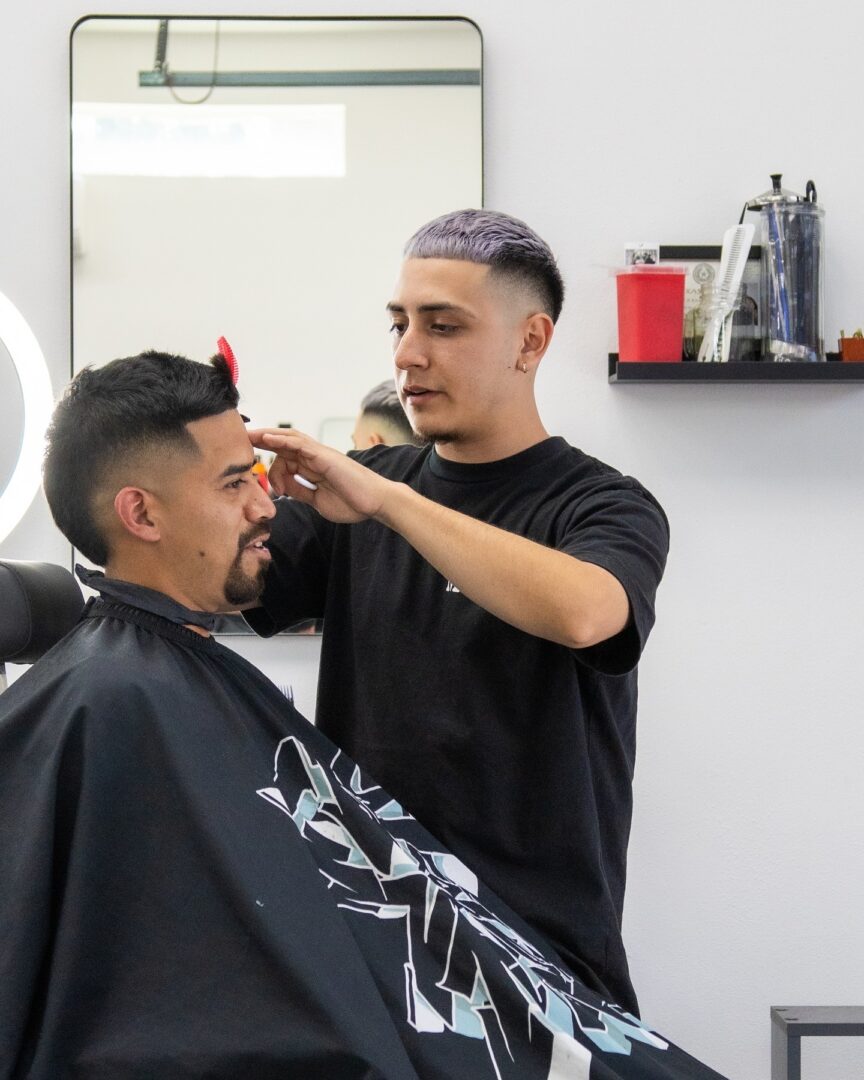
In order to be successful, you have to fail first. You always have to take a risk when trying something and usually the outcome goes in two different directions. It either works right away for you or you have to try it again. In my vocabulary, I replace the words “failure” or “loss” and use the words “learned” or “experienced”. This change helps my mentality in the long run to help make educated and calculated decisions in my business as a barber. I’ve learned to trust the process when beginning something new or along the way of something I’m currently working on. Read More>>
KayCee Kelsey

In filmmaking, I often find myself as the only Black woman in the room—sometimes the only woman, sometimes the only Black person. In those moments, I learned that my individuality is my strength. I bring a fresh voice and perspective that no one else can offer. Rather than seeing it as a disadvantage, I use it to my advantage, knowing that my presence alone is a step toward greater representation. Even when it’s uncomfortable, I carry myself with intention, ensuring that voices like mine—voices that are often unheard—are recognized and valued. Read More>>
Kaylin Ambrose
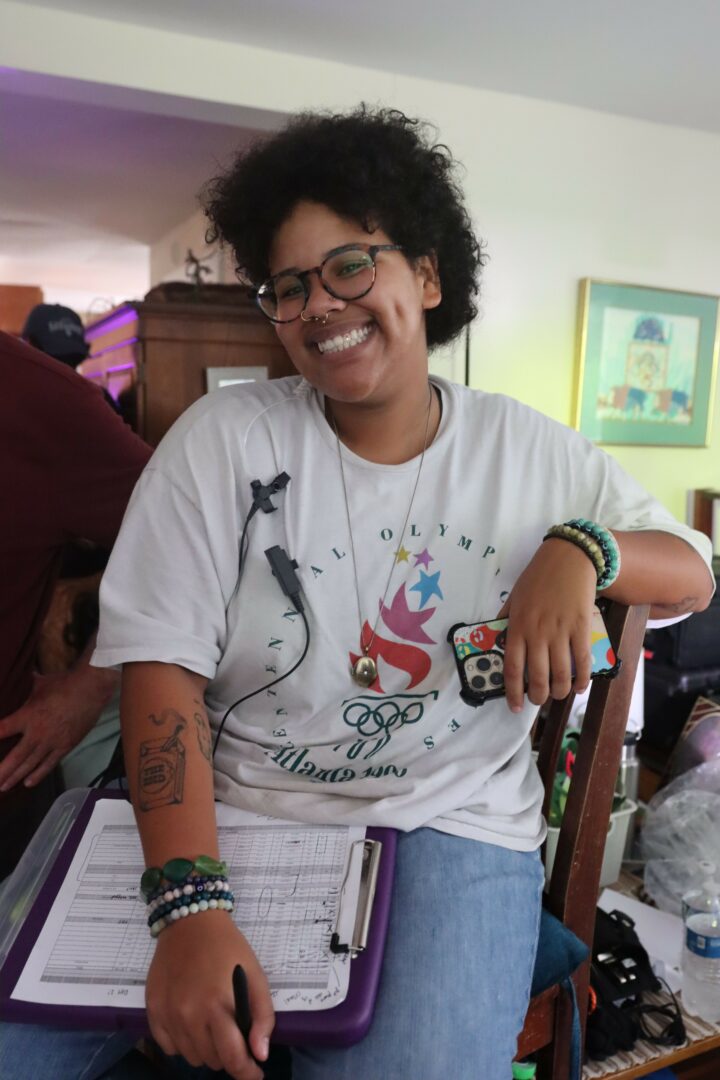
After years of being the only one in the room who looks like me, I’ve found a big part of my success comes from surrounding myself with people who believe in me and have helped me believe in myself. Between my mom and some really great friends, I’ve been pushed to show the world my most authentic self and to take up space. It’s easy to feel small when trying to make your voice heard but once you realize you deserve to be heard and your words are just as important as anyone else’s, standing tall comes more naturally than shrinking. Now, when I notice I’m the only one in the room, I like to use it as a challenge. If everyone is going to stare anyway, I might as well make an impression. Read More>>
Todd And Susan Morrison
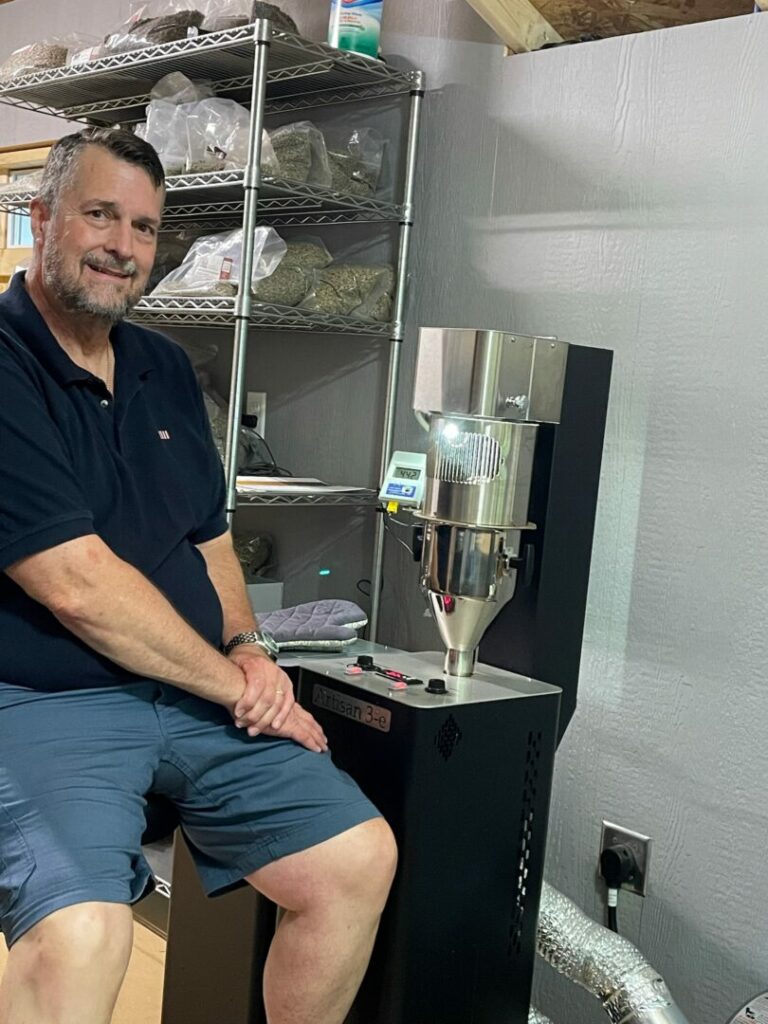
Todd, (the master roaster), was looking for the perfect cup of coffee. After ordering specialty flavored coffees, “the best” coffee brewing mechanisms, he seemed to be hitting a wall in his quest. Finally after speaking to a local coffee roaster, he learned that he could go into the business of roasting coffee himself. He began buying and roasting small quantities of organic coffee beans from various countries to find the “perfect cup of coffee” Read More>>
Jonathan Sangster
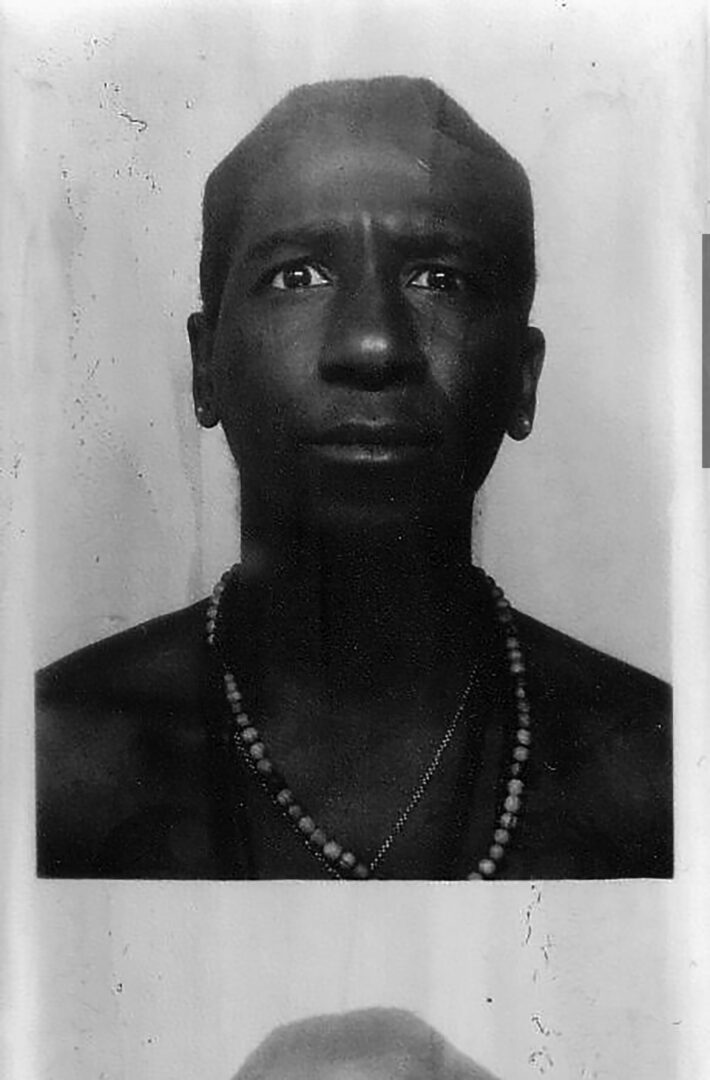
Being the only one who looks like me is a reality I’ve, unfortunately, grown accustomed to. In my career in higher education, I often find myself as the sole Black person in the room—a pattern that first emerged during my undergraduate years. As I pursued my BFA, I quickly realized I was the only Black student in the art and design department, and this sense of isolation only deepened while earning my MFA. Read More>>
Marty Cynclaire
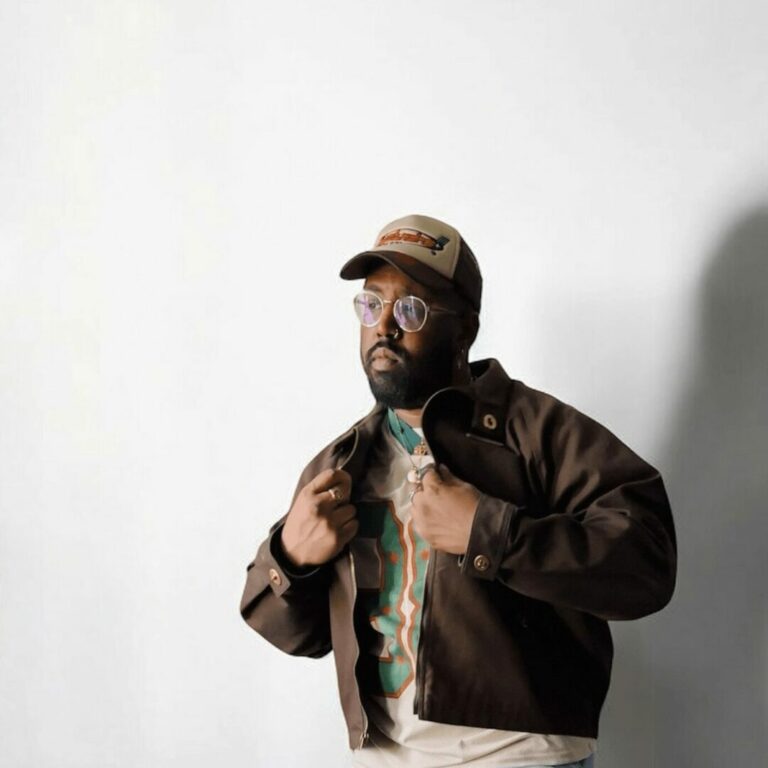
Being the only one in the room teaches you two things real quick—how to hold your ground and how to move with intention. You learn to trust your instincts because, a lot of times, there’s no blueprint for you. I’ve had to sharpen my presence, make sure my work speaks before I even open my mouth, and carry a level of self-assurance that lets people know I belong, whether they expect me to or not. Read More>>









